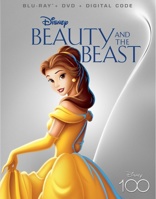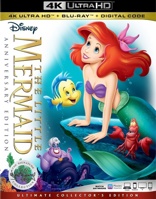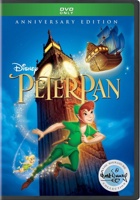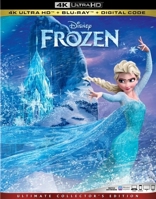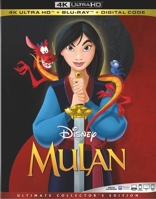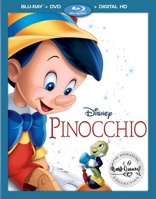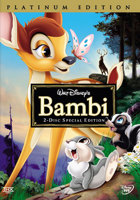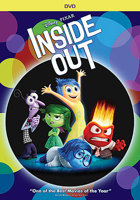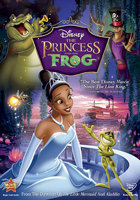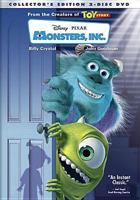Aladdin (2019)
Select Format
Select Condition 
You Might Also Enjoy
Product Description
A kind-hearted street urchin and a power-hungry Grand Vizier vie for a magic lamp that has the power to make their deepest wishes come true This description may be from another edition of this product.
Format:Paperback
Language:English
ISBN:0198245882
ISBN13:9780198245889
Release Date:November 1978
Publisher:OUP UK
Length:768 Pages
Weight:1.33 lbs.
Dimensions:1.7" x 5.5" x 8.5"
Customer Reviews
10 customer ratings | 2 reviews
There are currently no reviews. Be the first to review this work.













